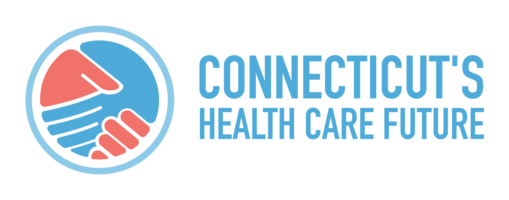ICYMI: “Washington’s Public Option Is Nothing To Cheer About”
HARTFORD, Conn. – In an article recently published in Forbes, Sally Pipes, president of the Pacific Research Institute, highlights how Washington’s government-controlled health insurance system, known as the ‘public option,’ is failing to deliver on promises of cost savings and increased coverage while decreasing access to care. The report follows a recent report in POLITICO highlighting the ongoing challenges and failures of existing state government public option programs and underscores the importance of building on what is working to strengthen health coverage and care in Connecticut.
Sally writes, “When Washington’s Democratic Governor Jay Inslee signed the nation’s first public health insurance option into law in 2019, he claimed it’d ensure that ‘all Washingtonians have high-quality health-care insurance, an option they can afford that is available across the state.’ Three years in, it hasn’t. Advocates for a public option would do well to take note—and refrain from replicating the policy elsewhere.”
Reduced Access to Care:
In order to keep premiums low, Washington cut reimbursement rates to health care providers, paying them far less than private plans and threatening access to care for patients. A significant number of hospitals refused to participate in the government-controlled system because they simply couldn’t afford to – a reason Cascade Select plans were only available in 19 of the state’s 39 counties when the system launched. Today, “five counties still do not have access.”
Washington lawmakers eventually mandated that hospitals participate in the public option, forcing health care providers in the state to cut essential services – or even close – in order to “stop bleeding money.” As time passes, “additional service reductions or closures will only make it harder” for Washingtonians to access the quality care they depend on.
Increased Cost:
Washington Governor Jay Inslee “estimated that premiums for the state-sponsored plans would be up to 10 percent lower than privately administered ones.” In reality, 2021 “public option premiums were nearly 30 percent higher than other private insurance premiums.”
“Lawmakers also wagered—incorrectly—that the public option would inject competition into the healthcare market, thereby inspiring private plans to cut their prices. Premiums for the average 40-year-old adult are up 8 percent across the state this year compared to 2022.”
Failure to Boost Coverage:
“Officials also said the public option would dramatically reduce the number of uninsured Washingtonians. But just 2,630 individuals newly enrolled in a public option plan last year. Even if we assume that all those new enrollees were previously without insurance—a dubious assumption—that amounts to a reduction in the uninsured population of no more than 0.6 percent from 430,000 in 2021.”
Additionally, “just three percent of the state’s exchange enrollees—6,335 people—chose a Cascade Select plan last year. That amounts to less than 0.1 percent of the state’s population.”
The ongoing failure of Washington’s state government public option is a potent reminder that government-controlled health insurance systems don’t work. Instead, let’s continue to build on and improve what is working to increase access to affordable, high-quality health coverage and care in Connecticut.
Read the full Forbes article HERE.
Read more on Connecticut’s Health Care Future HERE.
